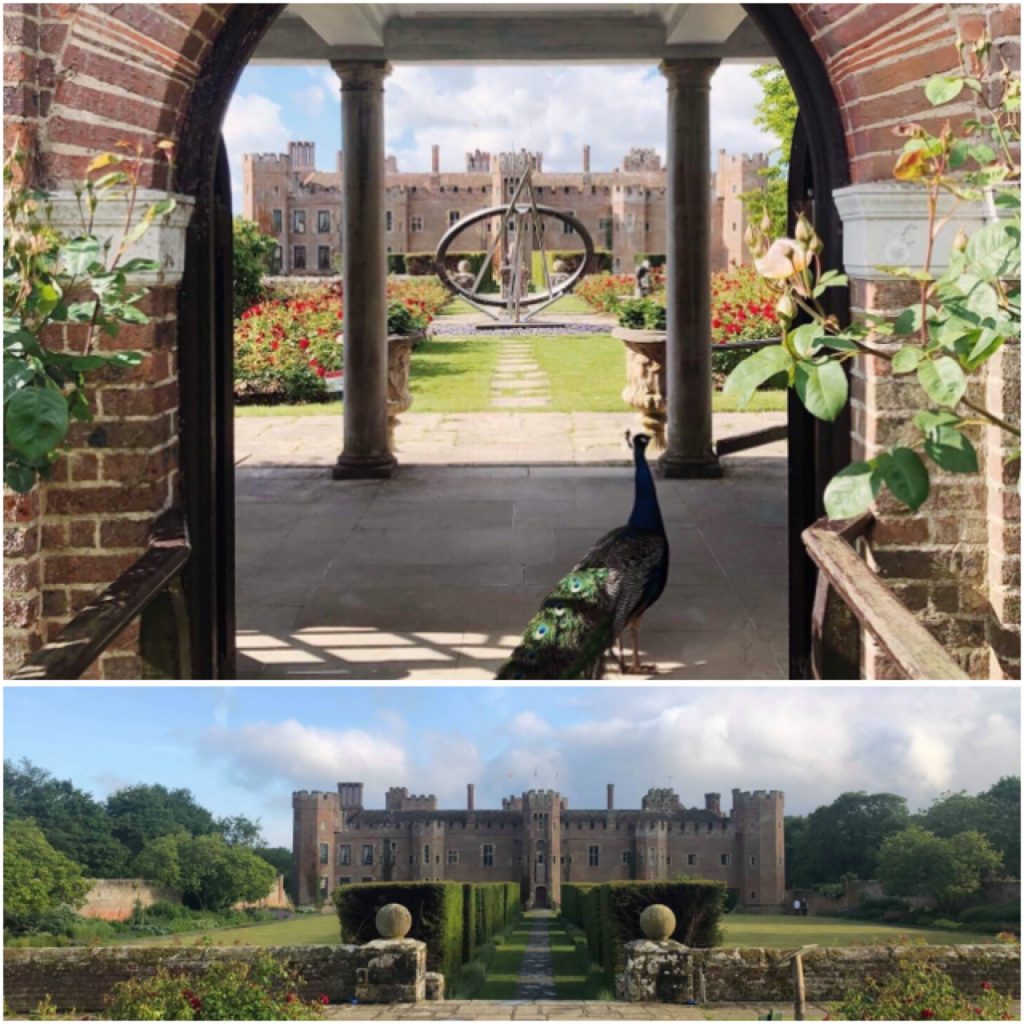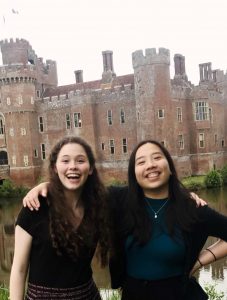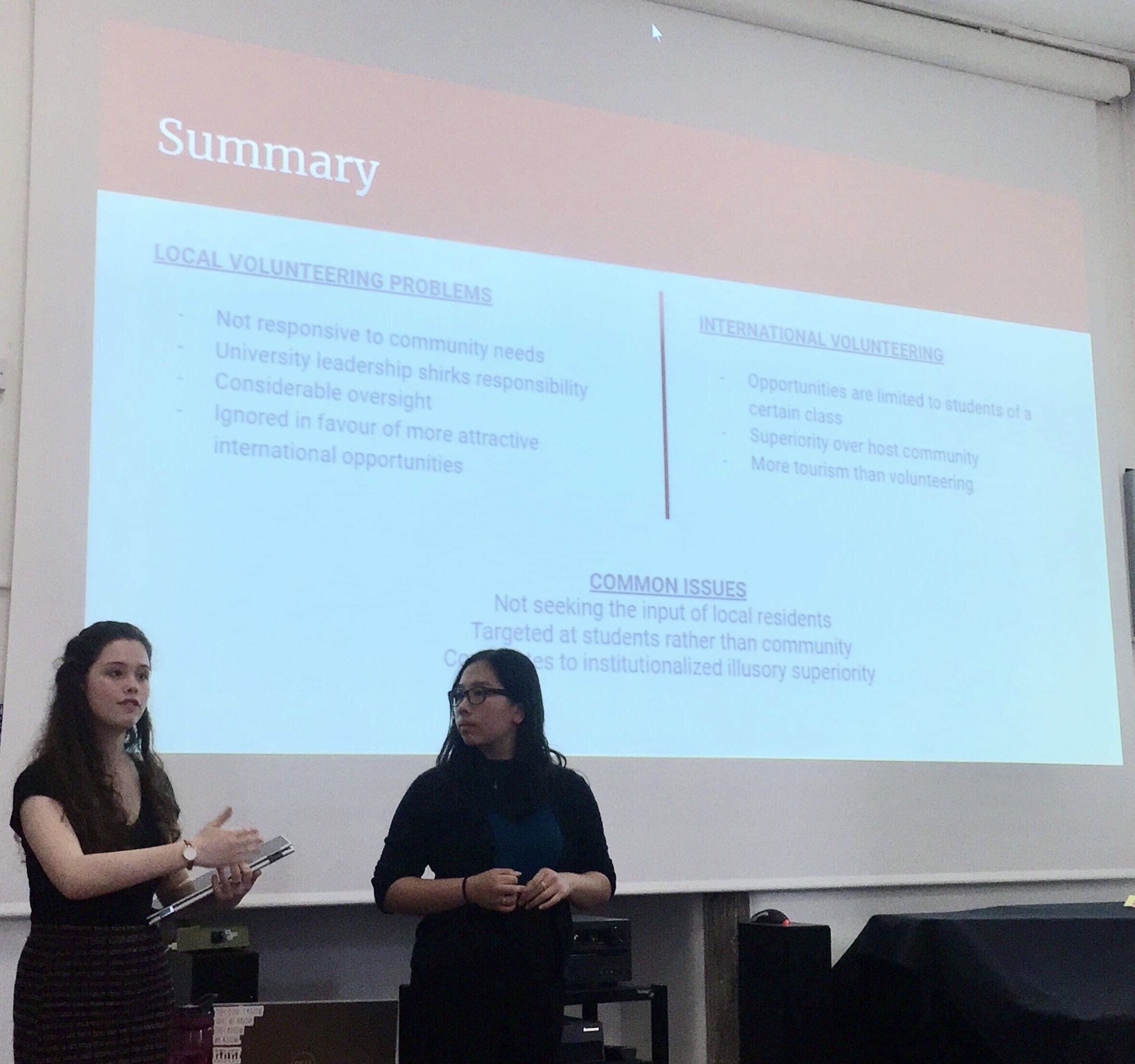
Last week, we traveled alongside Matariki’s Head of Secretariat, Lucy Turzynski, to Herstmonceux Castle in East Sussex- the site of Queen’s University of Bader International study centre (BISC). We were immediately greeted by the magnificent and incredible castle. As we met Dr Barbara Holler, our host and Matariki Global Citizenship Programme (GCP) academic representative for Queen’s BISC, we were introduced to the BISC’s friendly students and staff. We were fortunate enough to be able to enjoy a personal, guided tour from BISC’s delegate, Victoria Macdonald, and we even did our own exploring in the expansive grounds equipped with rose gardens, old trees, and plethora of animals, from pheasants to peacocks
The BISC is notably different from Durham University. Durham’s student population is almost 140 times bigger, and there is a distinct difference in the nature of the student body. The BISC, by necessity, is small and welcoming, and there is a strong sense of community that simply isn’t present in a larger university. This also lends itself to the ‘Experiential Learning Opportunities’ implemented by Queens University, and tailored to each course offered at the BISC. The opportunities posted as noticed included a burlesque show, a Brexit cabaret, and experience days at Goldman Sachs. Experiences out of the classroom are vital to contextualising learning, and are likely a way in which Durham could improve its academic rigour and offerings. Neither Aileen nor I have had the opportunity to experience even one university-led experience directly tied to our classes at Durham, but this is just one way in which academic exchange offered by the Matariki Network will allow us to bring best practices back to our university and hopefully improve it’s offerings.
During our visit, we also delivered a presentation entitled “Bridging ‘empowering learners’ and ‘community engagement’ A case study of student volunteering programmes at Durham University.” Our aim was to bring together the themes of the 2018 and 2019 Global Citizenship Forums at Otago and Durham, which are community engagement and empowering learners, respectively. In the presentation, we discussed how a university should engage with both its local and international community, and how resulting voluntourism can damage smaller communities. The intention of our presentation was to lay out our propositions for improving the volunteering activities at Durham University and the reasons behind them, and then open those ideas to constructive criticism. The feedback given by both students and faculty was incredibly useful- possibly the most poignant questions were about how the topics of our presentation would relate to the university curriculum, and whether even voluntourism can improve through critical reflection.
Overall, the trip was an invaluable opportunity and an unforgettable experience. Not only was it a good way to celebrate finishing exams for us, but we also gained a considerable amount of insight into how best to implement our own proposals. Furthermore, the experience gave us insight into transferable best practices which we will hopefully be able to implement in Durham- an excellent example of the transfer of ideas which the Matariki network has been developed to encourage.


